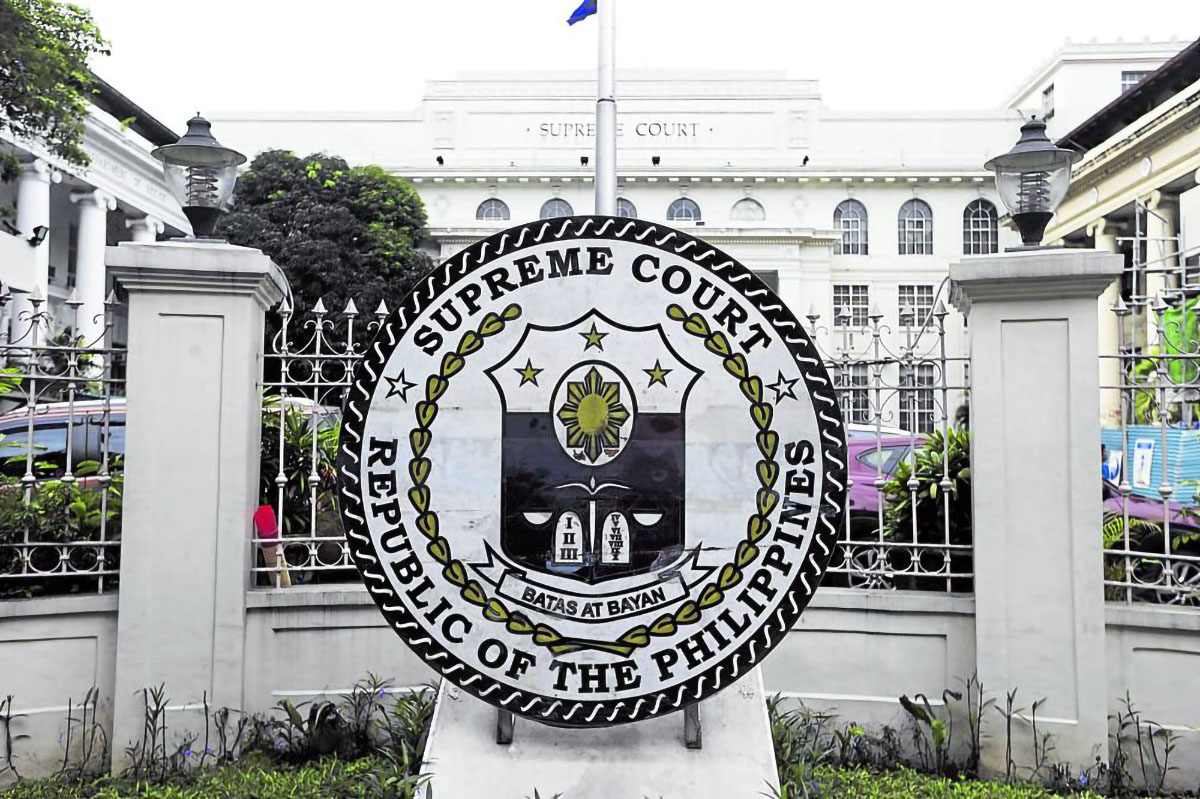
Supreme Court—INQUIRER FILE PHOTO / NINO JESUS ORBETA
Electric power companies cannot treat the congressional franchises granted to them as exclusive property, the Supreme Court has ruled, as it dismissed the petition of Iloilo Electric Cooperative Inc. (Ileco) challenging the validity of Republic Act No. 11918.
On the contrary, the high tribunal said that Section 11, Article XII of the Constitution prohibits exclusive franchises, which are privileges granted by the state and not the sole private property of the franchisee, according to the decision penned by Associate Justice Rodil Zalameda.
READ: Another group backs Meralco’s franchise renewal
According to the court, Congress enacted RA 11918, expanding the franchise of MORE Electric and Power Corp. to areas within lleco’s franchise area, to make electricity more affordable for the people of Iloilo province.
In its decision promulgated on July 30, the high tribunal junked Ileco’s petition for certiorari and prohibition to invalidate Section 1 of RA 11918 for allegedly violating their rights to exclusive franchises, due process, nonimpairment of contracts and equal protection.
Ileco I, II and III hold franchise certificates to provide electric light and power services across various municipalities in Iloilo province and Passi City.
MORE originally had a franchise to operate in Iloilo City, but RA 11918 expanded its franchise to include 15 municipalities and a city previously included in Ileco’s franchise area.
Public interest above all
In rejecting Ileco’s appeal, the Supreme Court emphasized that a franchise must be subordinate to the common good, as it is not considered the exclusive private property of the franchisee.
“Congress determined that expanding MORE’s franchise would promote healthy competition since MORE was capable of offering lower energy rates,” it said in a news release on Thursday.
“Without competition, Ilecos can easily dictate the price of electricity. Allowing the entry of another player thus benefits consumers, who no longer have to wait until Ilecos’ franchises expire in 2029, 2039 and 2053,” it added.
The high court noted that the law did not give “preferential treatment” in favor of MORE.“As a new franchise holder, MORE is not similarly situated with other utilities [that] already have existing and functioning distribution systems. Thus, the added powers granted to MORE are needed to ensure it is able to provide [an] uninterrupted supply of electricity to its covered areas,” it said.

